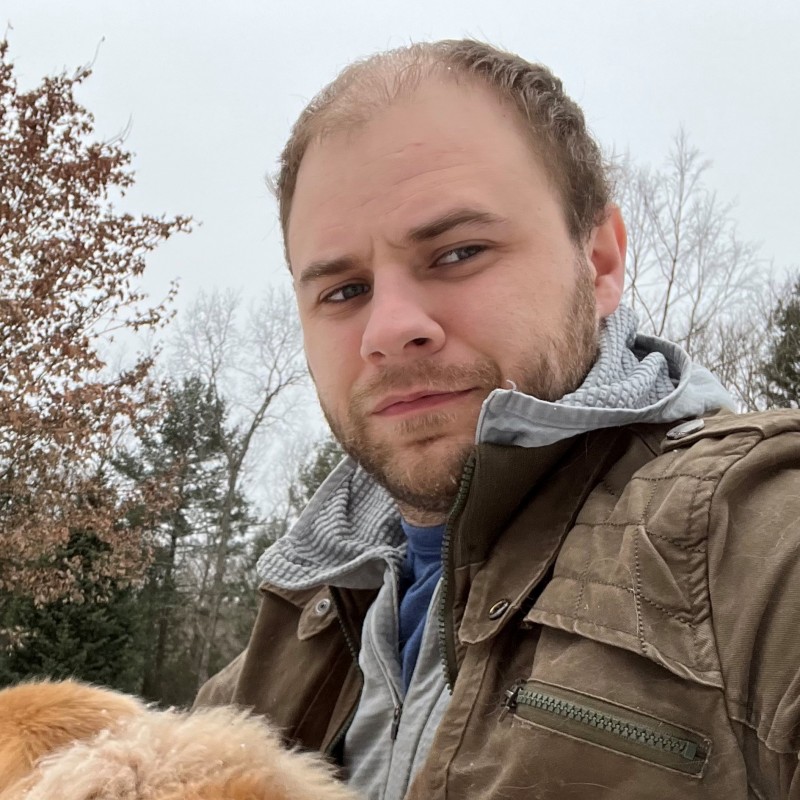The KLI support international groups of scholars in the life and sustainability sciences working on interdisciplinary projects to conduct their groundbreaking research at the institute. KLI Focus Groups and Working Groups aim to develop ideas on a particular subject and generate suggestions for action. The participants have different scientific backgrounds and strive to develop specific, practical goals. Focus Groups are one-time meetings gathering and working together at the KLI for a period of one to maximum two weeks. Working Groups comprise 3 meetings over the course of one year and a half.
Event Details

Corey Bunce is a biologist with a broad range of interests across development, evolution, systems biology, and philosophy of biology. He obtained a Master's degree in Cell and Developmental Biology from the University of Connecticut where he specialized in symbiosis and studied developmental regulation in hydrothermal vent tubeworms. He completed his Ph.D. in Cell Biology at Duke University where his research investigated the spatiotemporal dynamics of mouse gonad development and sex determination. At the KLI, Corey will explore the discursive side of science, hoping to bridge biological research practices and literary theory.


